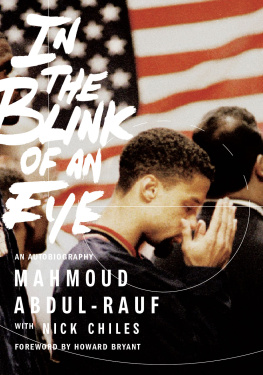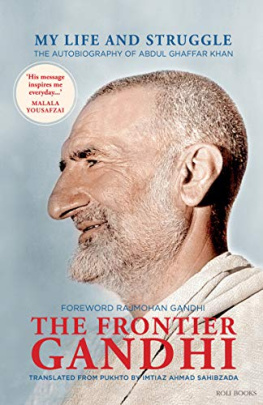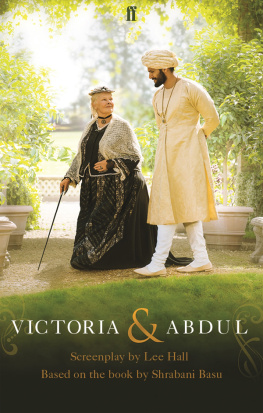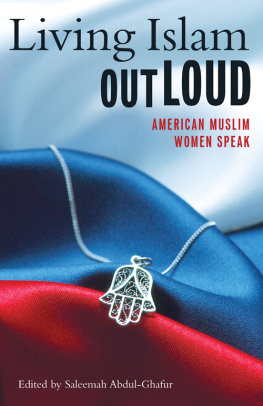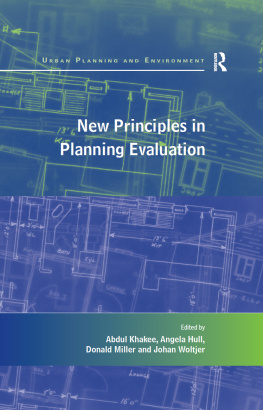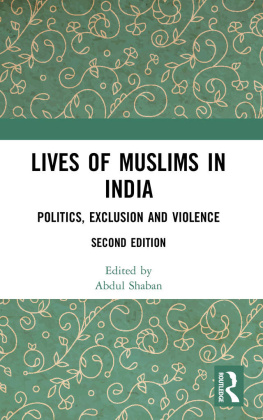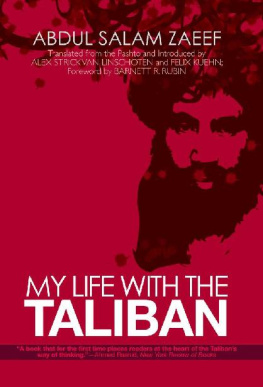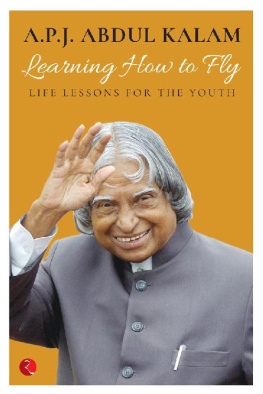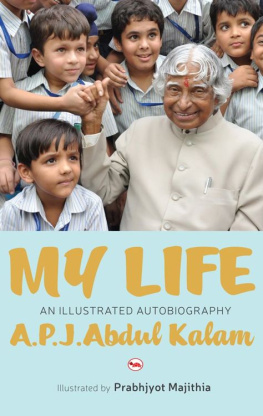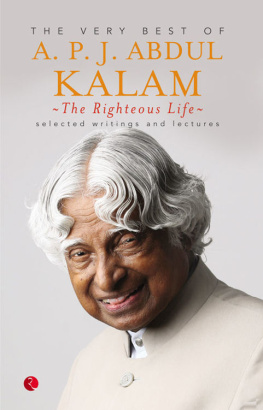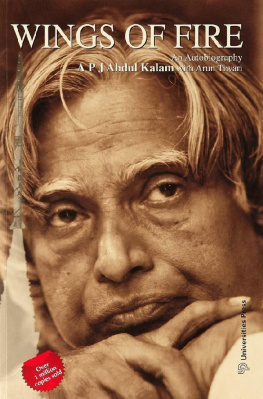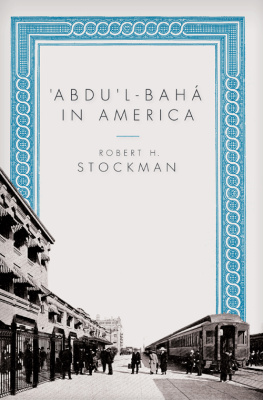Foreword
Ive been waiting for this book for a long timeand now it is here. Years ago, when basketball meant everything to me, I remember Chris Jackson, and Im fairly certain I remember when: NBC Saturday afternoon. LSU was playing whoever they were playing, and the broadcasters, Dick Enberg and Al McGuire, were raving about no. 35, Chris Jackson.
I remember seeing him: clear and present but unassuming on the courtnone of that performative mean-mugging for the cameras, the artificial anger-branding so common and expected with athletes, Black athletes in particular. Jackson seemed almost out of placeand he was, because when he got the ball, he was so explosive, moving at a different speed from the other nine guys on the court. He was playing a different game, in complete control of the action, and his place in the action. Most players have a favorite place to operateJordan at the elbow, Kareem on the right block, and years later, LeBron from up topbut every spot on the court belonged to Jackson. The crossover, the hesitation to clear space to find his shot, the confidence to shoot from range, and naturally, the perfect mechanics on release. Id never seen anything like it. He was mesmerizing.
When he changed his name to Mahmoud Abdul-Rauf and joined the NBA, he was no less fascinatingstill able to do in the NBA what hed done in college. He crushed Utah so bad one night and made cheap-shotting John Stockton increase his cheap-shot quotient. It did no good. Mahmoud finished with 51.
Basketball became less importantI wasnt a kid anymore, but I still paid attention to Mahmoud. More specifically, I paid attention to how differently Mahmoud was perceived by a simple name change. There were the people who simply refused to call him by his Muslim name, a curious insult considering it was nearly a quarter century after Kareem and almost 30 years since Muhammad Ali had to fight for their names to be recognized. These battles, supposedly, had already been foughtand won.
Mahmoud was thereuntil he wasnt, and in his absence, I recalled the casual explanations for his disappearance from the league. He was difficult. He couldnt play anymore. He was the author of his own demise. The volume of this voice and the power of the NBA left this a satisfactory explanation for anyone whoseallegiance was simply to being entertained watching Black men put a ball through a hoop. For the rest of us, who care about people, authenticity, and their lifes journeys, the truth wasnt that narrative. Mahmoud Abdul-Raufs career was altered because he advocated for Black people, for his beliefs, and for his values. We wanted to know where he was. We wanted to hear from him.
Into a new century, the 1990s look very different now. They carry the introspection they lacked in real time, and as is often the case with people of substance, people of principle, they grow over the years. The questions surrounding Mahmoud are no longer only about him, but about the world around him. Where was his support, the super-big names who dominated the game? Why was Mahmoud left isolated? Who came to his defense, and where was everyone else? Were his fellow NBA players all so busy with the cosplay of wearing$3,000 suits, pretending to look like board members in a room to which theyve never been invited, while abandoning one of their own?
Unlike today, Mahmoud received no celebrity safety net, where principled people discarded by their leagues are rescuedtransferred into another high-profile second act. Mahmoud, like Craig Hodges before him, endured the full brunt of a hostile culture without the benefit of public support, or the comfort of knowing that behind the scenes his more powerful peers had his back.
It is with that spirit in mind that I have long welcomed the arrival of this book. Mahmoud Abdul-Rauf in his own words is long overdue, but while we absorb this new decade where the athlete voice has again been heard, beginning with the killing of Trayvon Martin, through Ferguson, and the deaths of Eric Garner, Sandra Bland, Tamir Rice, Freddie Gray, and, unnecessarily, so many others, it is important to remember that special individuals have been standing up for yearsonly no one was listening.
Now people are, and the years after Ahmaud Arbery, Breonna Taylor, and George Floyd will undoubtedly focus on reconnecting the lineage we know: Jackie Robinson to Muhammad Ali to Tommie Smith and John Carlos in the civil rights movement to LeBron and Kaepernick today. The history will be told incorrectly, as if protest has occurred in a straight, unbreakable, supported, and respected line. It hasnt.
The iconic beginning of the athlete as a political and social force, and its current revival, will take up most of the space because it is the easiest material to Googlebut dont forget those barren years in between, and the solitary athletes who stood fighting by themselves, when America and its richer, more visible peers couldnt be bothered because the money was too big and the pressure to conform was too great. In other words, dont forget Mahmoud. I certainly havent. Now that he is telling his story, his way, on his terms,you wont, either.
Howard Bryant Amherst, Massachusetts
February 11, 2022
CHAPTER 1
T he morning shootaround was when I first noticed the crowd of reporters clustered on the sidelines, watching closely as my teammates and I went through our warm-up routine on the court. The shootaround was usually a casual affair: a light workout, maybe wed run through a few plays we would use in the game that night.We were playing the Orlando Magic, which meant Shaq was in town. Shaquille ONeal usually brought a larger than normal contingent of media wherever he went, but it was unusual to see a knot of reporters this size at McNichols Sports Arena in Denver on a Tuesday morning, even if it was for the Shaq show.
An air of anticipation hovered over the reporters, like they were sprinters waiting for the starting gun. When Coach Bernie Bickerstaff ended the shootaround, the gun had been sounded.
The reporters all scurried straight toward me. Wait, theyre here for me? What in the world for? It didnt take long to find out.
As soon as I sat down, they gathered around and started flinging questions at me.
So, what do you think about the flag?
Ahh, the flag. Yes, of course. A few days earlier, Todd Eley, the assistant general manager of the Nuggets, had approached me and said one of the local radio reporters wanted to talk to me. The reporter had noticed I wasnt standing during the national anthem; he wanted to know why.
Would you be interested in speaking to him about it? Eley asked.
I dont have a problem talking to anybody about it, I said.
The interview wasnt that long. I told him why I didnt stand for the flagthe same thing I told the reporters that morning after the shootaround. When his story came out, the news reverberated across the country, and I had become a pawn in Americas culture wars.
Look, the flag is a symbol of tyranny and oppression, I told the group. Am I saying everything in Americas bad? No. Theres good that exists. But as a Muslim, wherever bad is, even if its in Saudi Arabia, we dont stand for it. We cant be for God and oppression at the same time. Theres a verse in the Quran which says Allah didnt create the human being with two hearts. He only gave us one. So, you cant worship Satan and God at the same time. You know, its a contradiction. You got to make a choice. You cant be neutral.
When I was done, I was satisfied that I had spoken my mind in an honest way, with a statement that was balanced but, most important, accurate. If any logical person was asked, Is everything in America bad? the answer of course would be No. There is good in America as well as bad. But if your country prides itself on the language of justicelike American politicians and pundits say theydothen how can you not acknowledge the historical and present-day injustices some people in this country face so often? Allah says we must speak out against injustice, even if its against yourself, your children, your family. Enjoining good and forbidding evil is one of the most serious obligations Allah decrees. That means as a nation, if you are truly committed to being virtuous, you must institutionalize justice and deconstruct the institutionalization of injustice.

